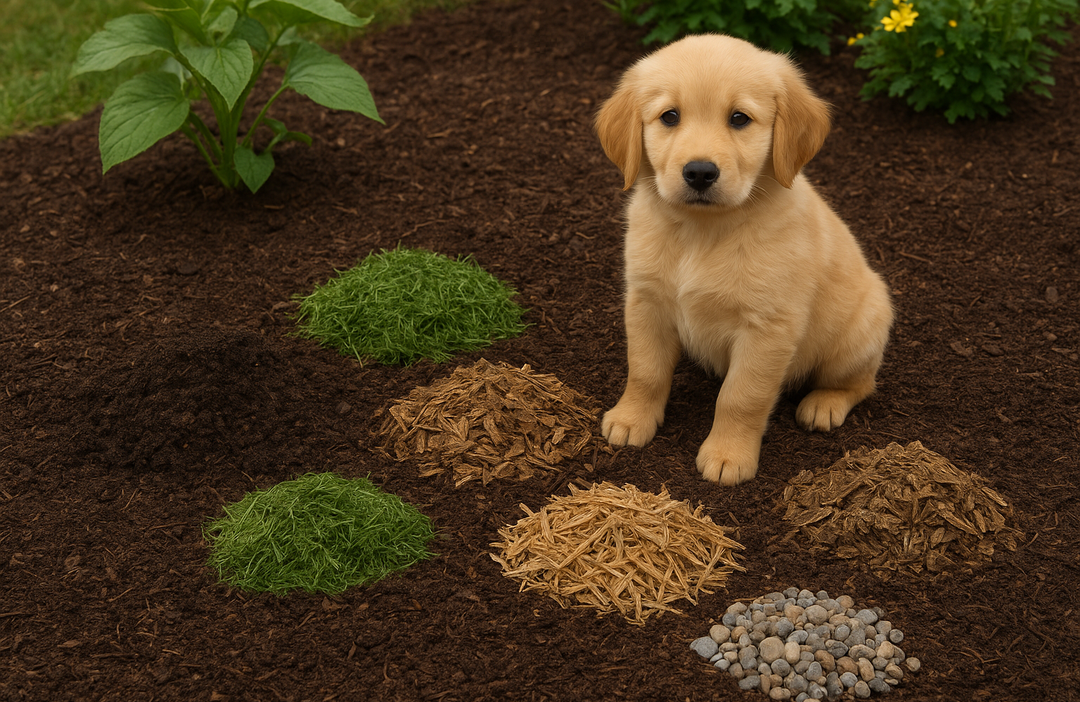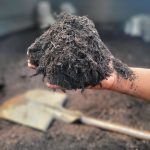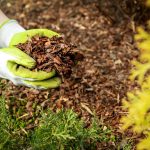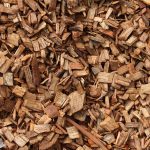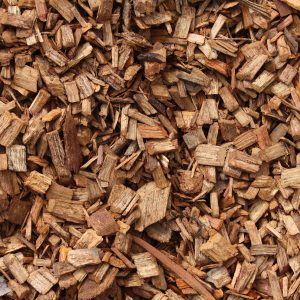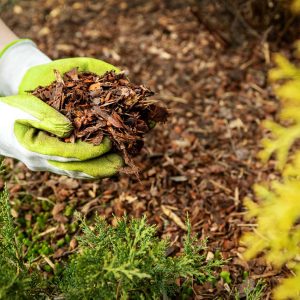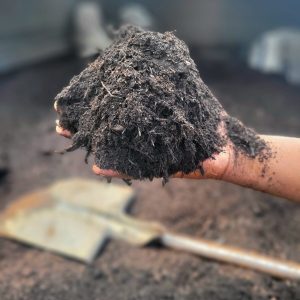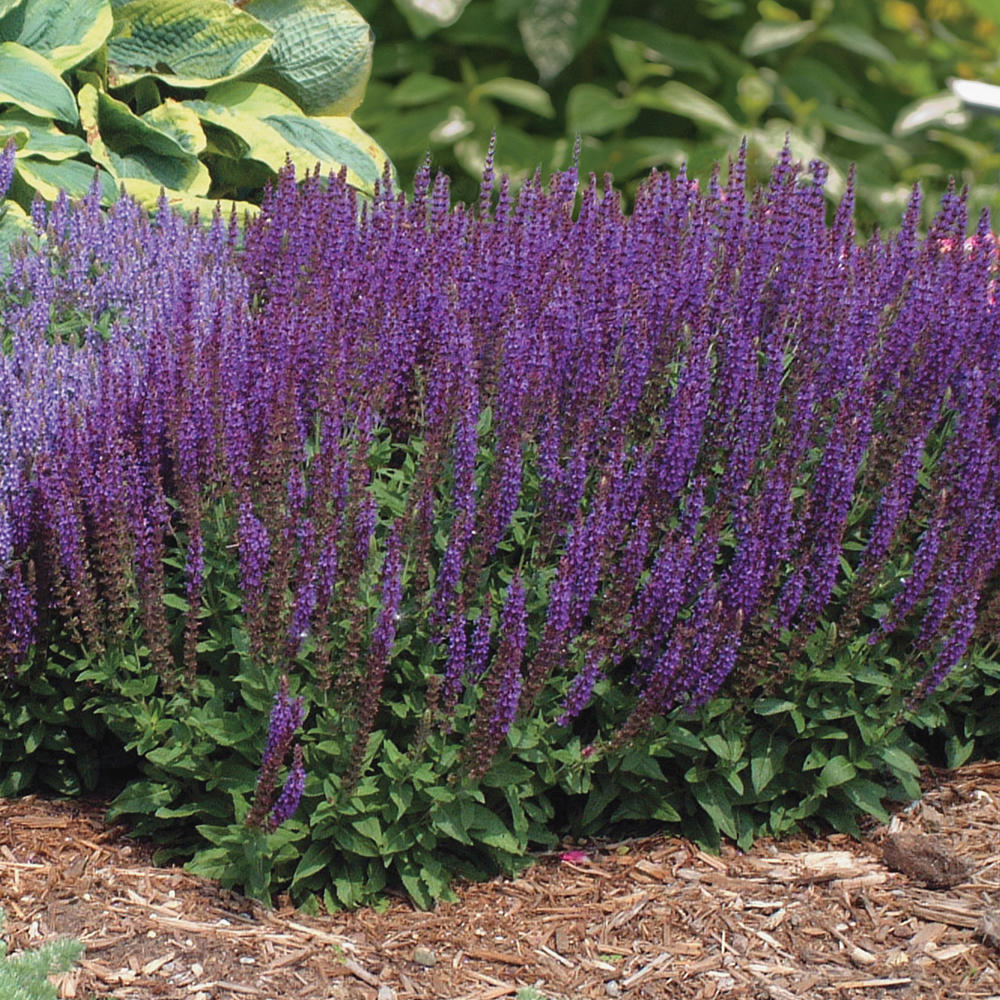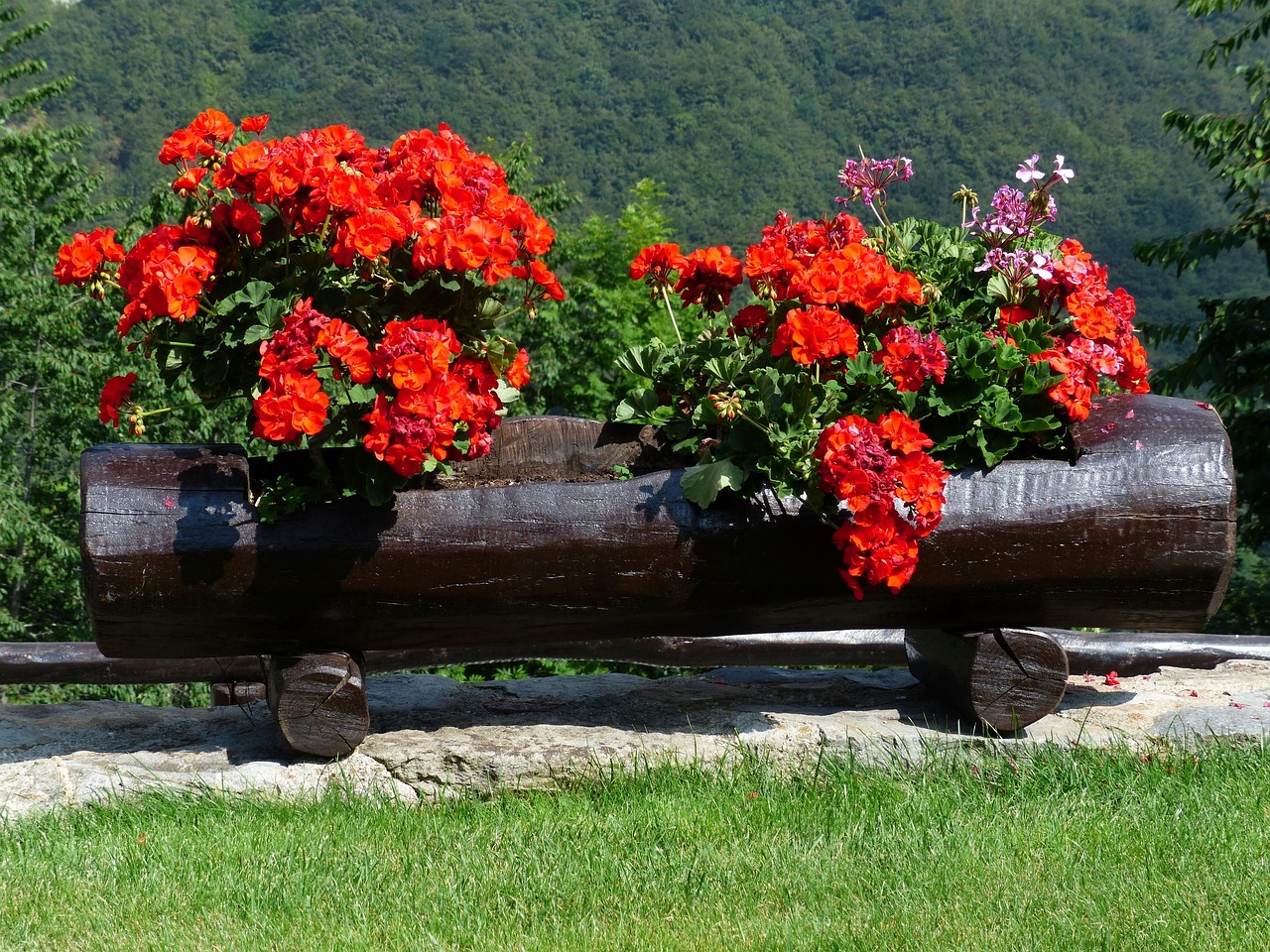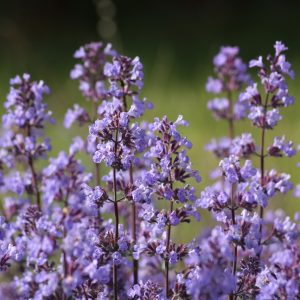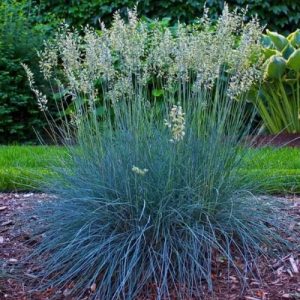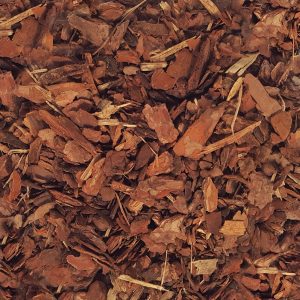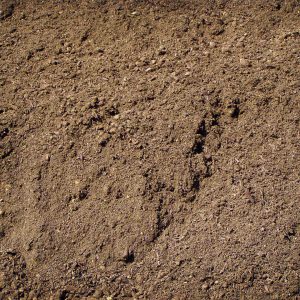Mulch is the term used for any covering put on the surface of soil, from organic to man-made, and which holds many benefits.
Mulch retains water and suppresses weeds, helping to keep the garden in tiptop condition.
🌸 Types of Mulch
The choice of mulch is varied: organic or biodegradable, home-made or commercial compost, wood chippings, manure, grass clippings and straw. For a more permanent, non-biodegradable choice, gravel or pebbles can be used.
Any material referred to as organic generally means it originates from a natural living source.
To choose the best mulch for your garden, consider the plants you are growing—whether they are flowering varieties, ornamentals, or vegetables.
Mulch Options
Compost
Nutritious and organic, compost is a real soil tonic. Make your own using veggie peelings, grass, cardboard and leaves mixed together in a compost bin and allowed to break down.
Leaf Mould
Rake up fallen leaves and either spread directly over the soil or store in large plastic bags with drainage holes made in the bottom, add some water and leave to decompose. As leaves break down they create a rich, valuable organic soil conditioner that feeds the soil and attracts worms.
Grass Cuttings
Organic grass clippings can be spread thinly on vegetable plots, adding a healthy boost of nitrogen to the soil.
Wood Chips
Ideal for paths and around the base of trees, wood chips also look fine spread over borders. They are a natural organic mulch that will slowly break down. Not recommended for veggie patches, as wood chips can deplete nitrogen in the soil.
Straw
Dried straw provides an easy-to-use, cheap mulch that will suppress weeds and regulate soil temperature.
Gravel
This mulch is inorganic, made from non-living materials that do not break down. Available in various colours and sizes, it is ideal for paths, rockeries and containers, providing a permanent, low-maintenance option.


